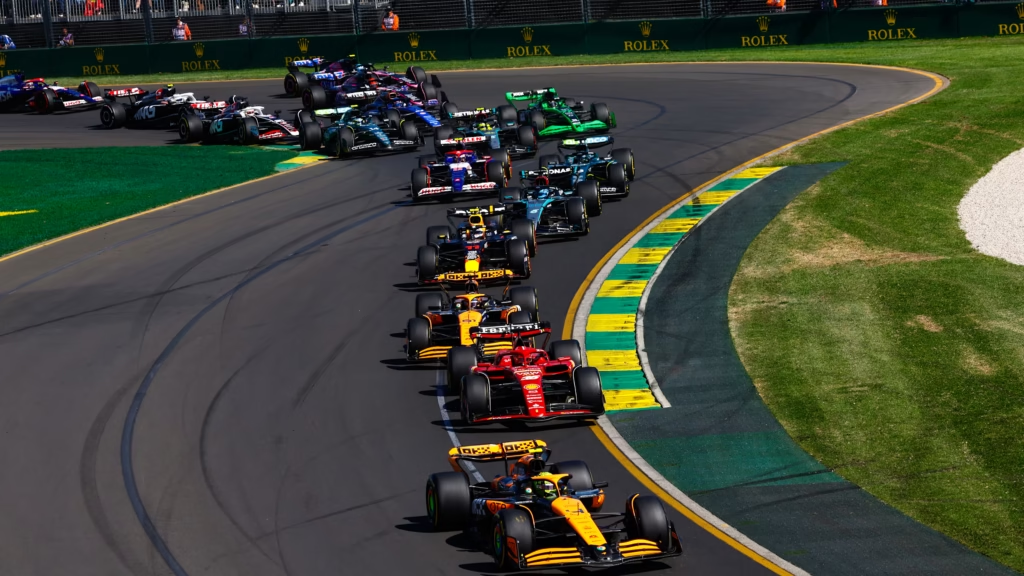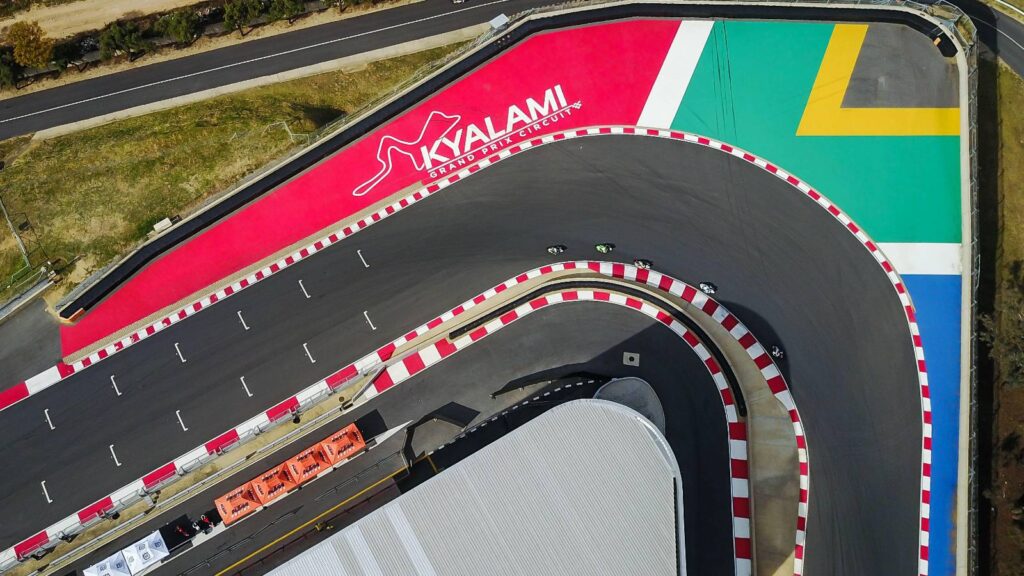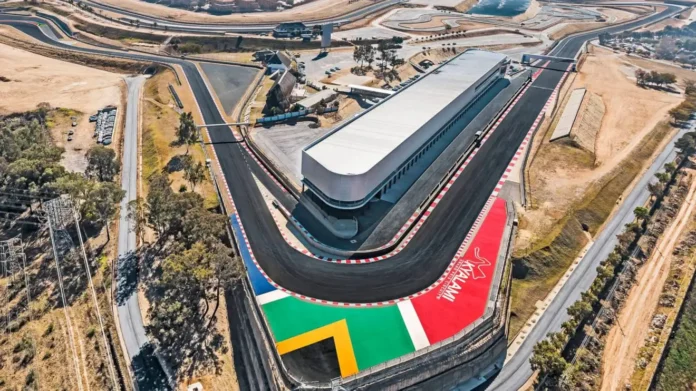Decades now, the roar of Formula 1 engines has cascaded across Europe, Asia, the Americas, and the Middle East—but not Africa. All this may change very soon. Years of covert talks later plus surging international clamor put South Africa at the forefront to return F1 to African soil—absent since 1993.
For South Africa, it͏’s about visibility͏, pride, and economic opp͏ortunity. For F1, it is a glaring ge͏ographic gap in a s͏port that has labeled itself as glob͏al.
The last Formula 1 race on African soil took place in 1993. That was at the Kyalami circuit, just outside Johannesburg. Since then, the racing calendar has grown big — with races added in Azerbaijan, Qatar, Singapore, and Miami — but Africa has been left out. All this while it is home to a massive following.

Formula 1 has, in fact, redoubled its efforts of late to take on the mantle of an inclusive, global championship. It is thus that the lack of Africa comes across not just as a commercial gap but also as a symbolic void— in the sport’s very global narrative.
Kyalami: South Africa’s Gateway to F1
In the middle of what South Africa brings to the table is the Kyalami Grand Prix Circuit, a legendary track that has seen serious updates since 2015. Now hitting most FIA technical marks, Kyalami stands as the only African circuit with setup close to what’s needed to hold a modern F1 race.
Promoters plan to return private investors and local motorsport authorities a plan for its return to the calendar. It does have technical feasibility accompanied by financial viability. But South Africa wants more than just hosting the race. For them, this is about placing themselves as an important consideration in the global sport and tourism industry.
A Formula 1 Grand Prix is not child’s play but rather, South Africa considers it as a strategic investment.
Internal economic estimates put the Grand Prix at a possible injection of up to 2 billion rand into the local economy via tourism, and media coverage as well as infrastructure spending. It would place thousands of people back into employment and reset South Africa on the maps of destination places for world-class events besides Cape Town Film Festival and global conferences in Durban.
A chance to retell the African story. The continent is often regarded as peripheral when discussing world matters, but now it is at the center stage of global sports and technological advancement.
Hamilton’s Blessing. Throw In Some Guilt For F1
Fans want it. Officials want it. Perhaps most importantly for all, Lewis Hamilton wants it. Seven-time world champion, also happens to be the sport’s most vocal advocate for matters diversity and inclusion.,
“Africa is the only continent we don’t race on. That has to change,” Hamilton said in 2022—a quote that echoed all over the motorsport world. For a series that works very carefully to balance its commercial ambitions with its social values, Hamilton’s call has been a powerful spur. Now it’s not just financial pressure—it’s ethical.

The hosting fee can go as high as $50 million and even more every year. Most importantly, political and economic stability are relevant after recent waves of unrest. Security and transport logistics must attain very high international levels usually required for major F1 events. Insiders confirm that South Africa actually remains in with a very good chance of making that Formula 1 calendar—maybe even as soon as 2026.
It͏’s not just about speed – it’s actually about a global presence͏
Bringing Formula 1 back to Africa is much more than fast cars or fancy weekends. It is about representation. It speaks to showing and proving that the continent is ready – and deserving – of hosting the biggest stages of world sport.
South Africa has the racing heritage, they have the developing infrastructure, and let’s not forget about their international ambitions. Hopeful best bet of the continent. It’s high time for Formula 1 to complete its global puzzle-and allow Africa to take its rightful place on the grid.
